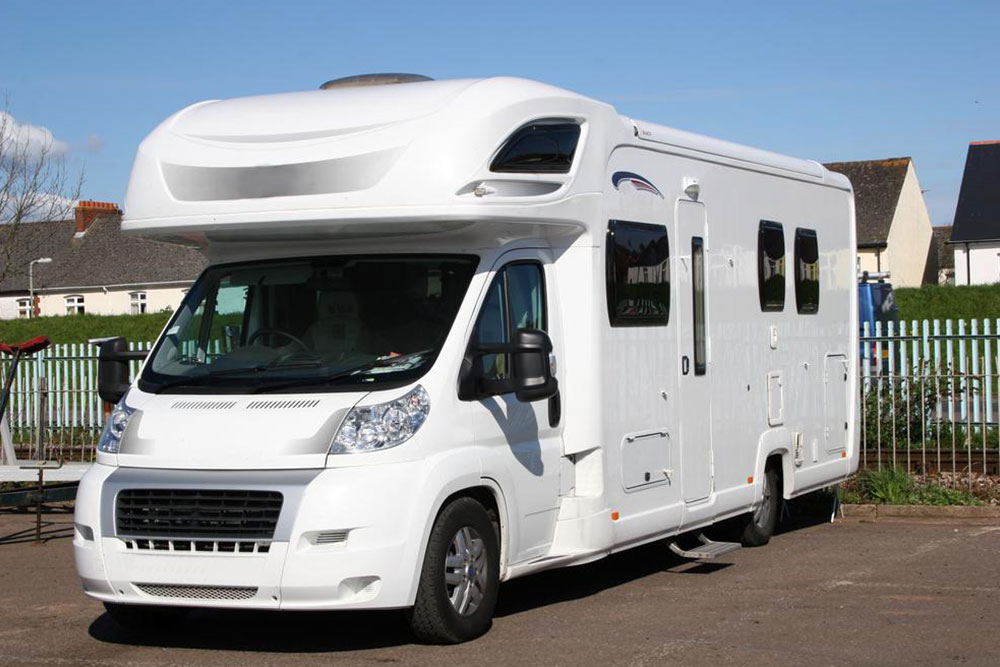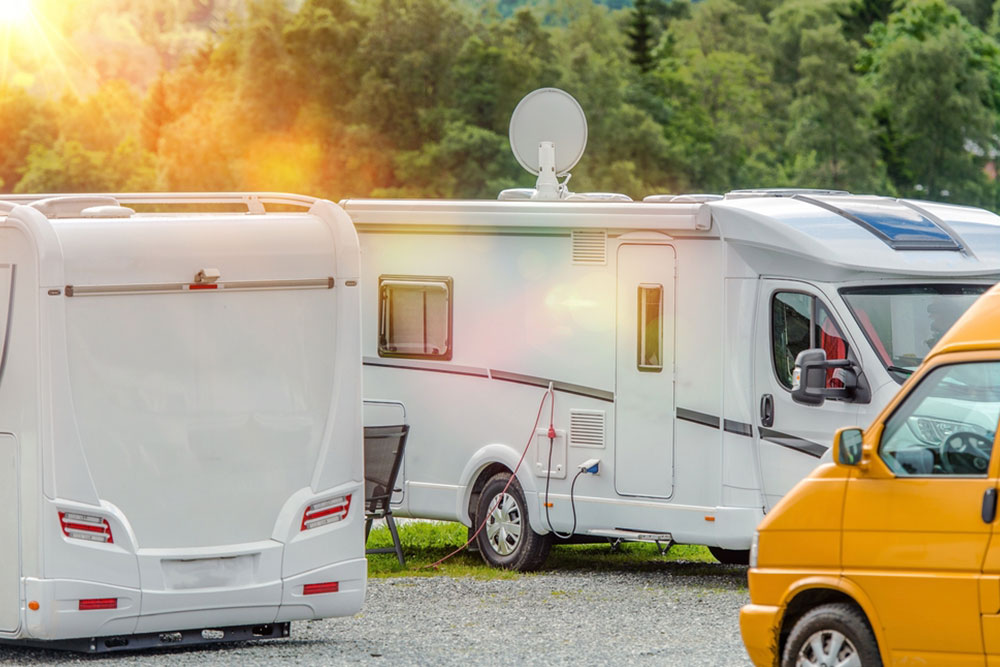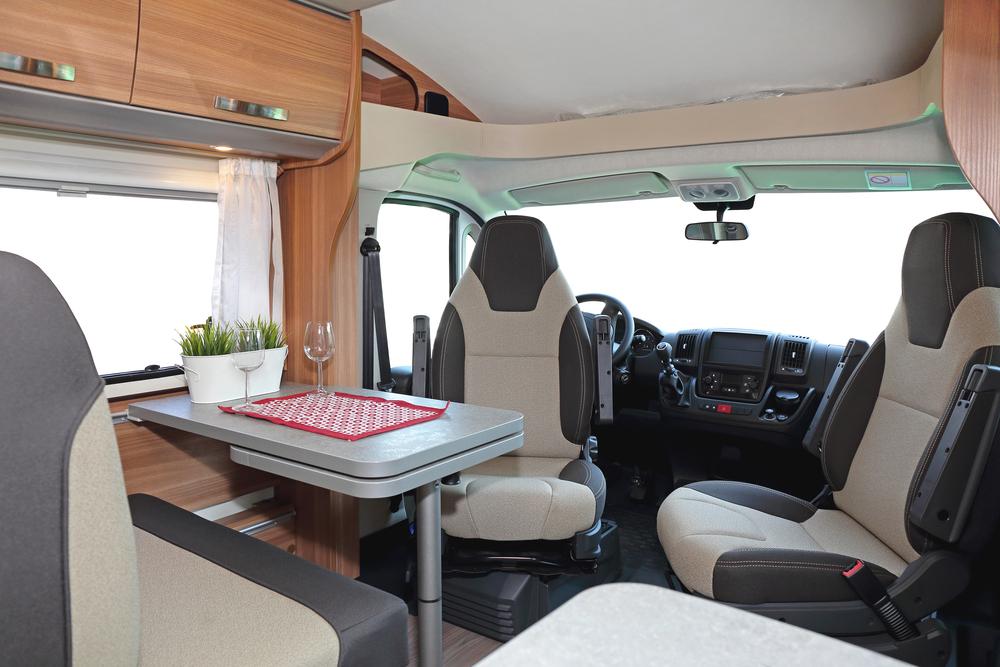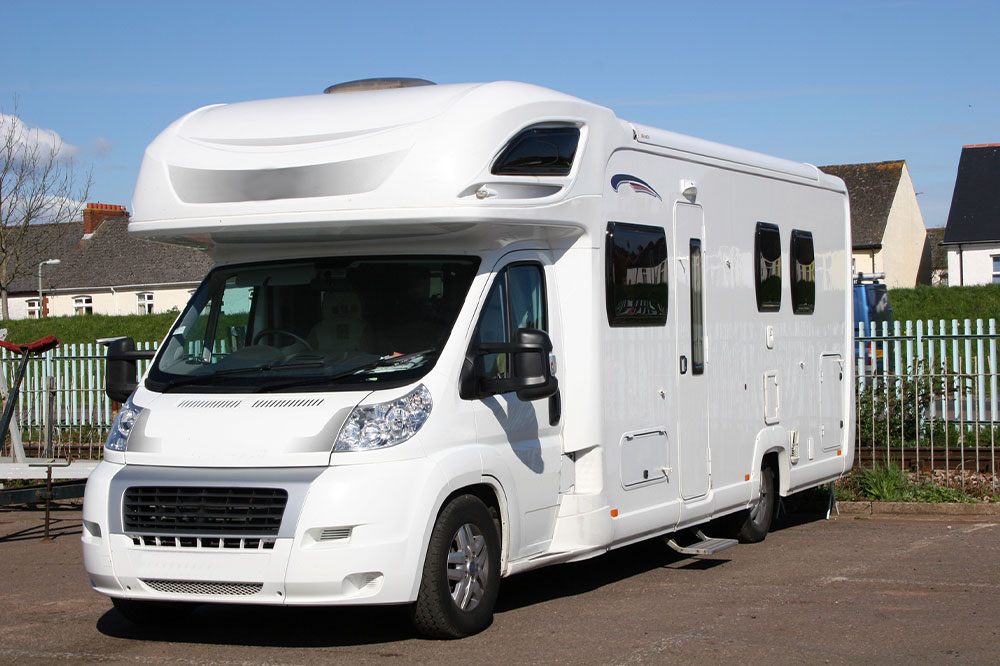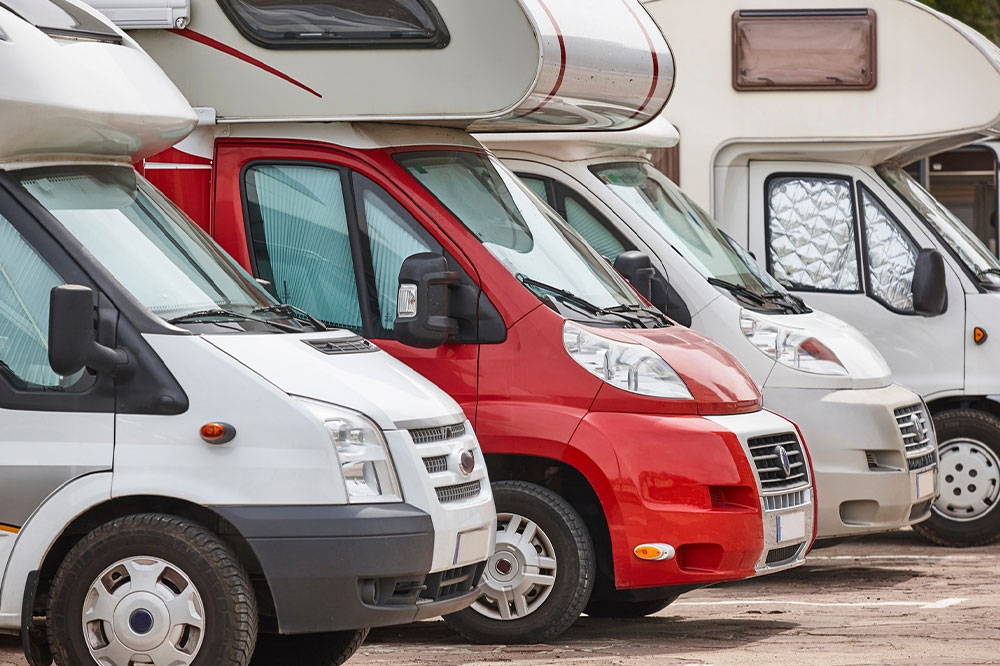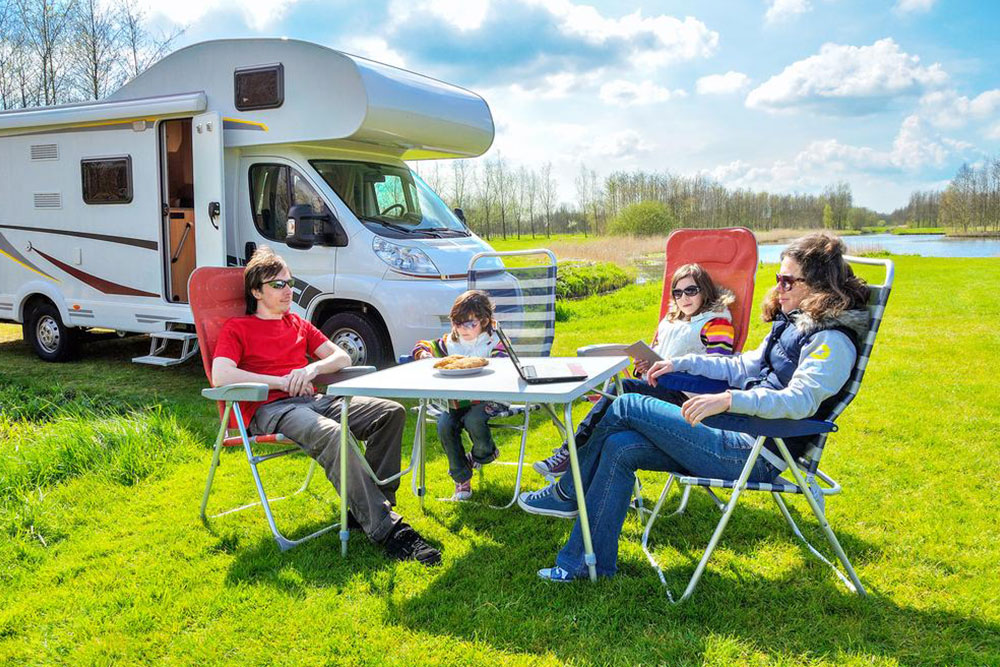Guide to Purchasing Repossessed RVs from Banks
Discover how to buy bank-repossessed RVs at a fraction of the cost. This guide covers locating, inspecting, and negotiating for used RVs from banks and auctions. Learn essential tips to ensure a smart purchase, avoiding costly repairs. Repossessed RVs present a great opportunity for budget-conscious buyers seeking reliable vehicles. Understand the advantages and key considerations to make informed decisions and save 25-40% compared to buying new. Follow our practical advice to find quality pre-owned RVs that suit your lifestyle and budget.
Guide to Purchasing Repossessed RVs from Banks
The trend of acquiring bank-repossessed RVs is on the rise, especially as many individuals choose RV living for their daily needs. These RVs are financed by financial institutions and are often sold outside traditional dealerships. As a result, they typically lack warranties, and financing is frequently handled through third-party lenders. To find available repossessed RVs, check bank repossession listings and auction platforms.
Best Strategies for Buying Repossessed RVs
Purchasing repossessed RVs can be straightforward if you follow the correct steps. This article provides a detailed guide on locating and acquiring these vehicles.
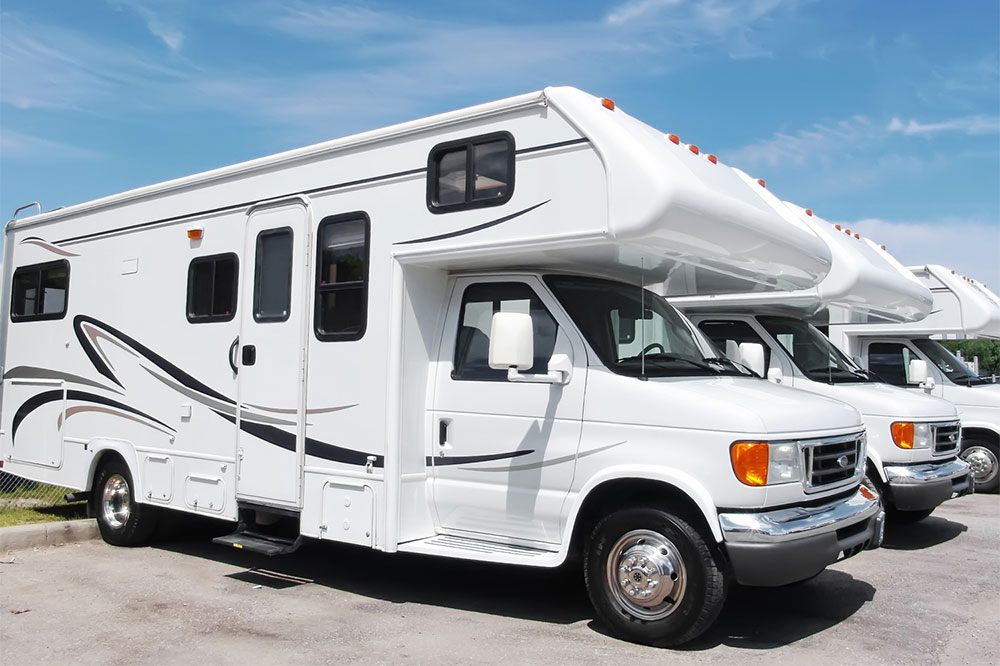
Buying a repo RV offers a significant savings opportunity. These vehicles are often auctioned off at a fraction of their retail value.
Follow these steps to purchase a repossessed RV:
Initially, identify repossessed RVs by browsing bank websites, auction house listings, or credit union notices. After locating an attractive option, contact the seller or auctioneer to schedule a viewing. Deposits may be required to hold the RV, especially if demand is high.
Next, conduct a comprehensive inspection of the RV for damages or mechanical issues. This helps prevent costly surprises later. Many repossessed RVs are listed on government portals, classified ads, or local newspapers.
Important considerations for buying a repossessed RV
Repossessed RVs can be a cost-effective purchase, but it’s essential to evaluate their condition thoroughly. Ensure there are no fluid leaks or major mechanical problems. Vehicles with significant issues could lead to expensive repairs that negate the savings.
When assessing a repossessed RV, ask yourself:
What is the vehicle’s maintenance history?
Has it been involved in an accident? If so, what extent?
Are there damages to the frame or exterior?
How old is the battery?
Is there evidence of water damage or odors?
Advantages of Buying Bank-Owned RVs
If you're exploring RV options, considering bank-owned units can be advantageous over new models. Here’s why:
Cost Savings: You often pay less than retail prices, allowing room for customization and upgrades.
Quality Assurance: Banks tend to sell only well-maintained RVs, ensuring you receive a vehicle in good condition.
Supporting Local Economies: Purchasing from banks or auction houses can aid local businesses by providing financial relief during tough times.
Final Tips
If a new RV exceeds your budget, a repossessed RV is an excellent alternative for affordability. Prepare questions beforehand—cover topics like fuel efficiency, insurance costs, and maintenance needs. Typically, buying a bank-repossessed RV can save you between 25% and 40%, depending on the condition and negotiations.

